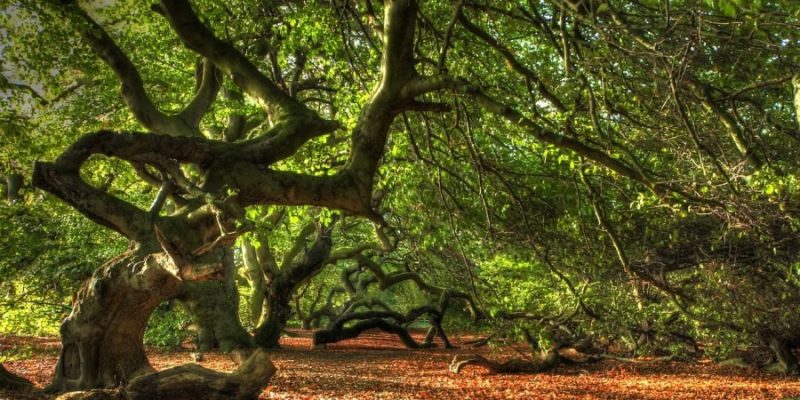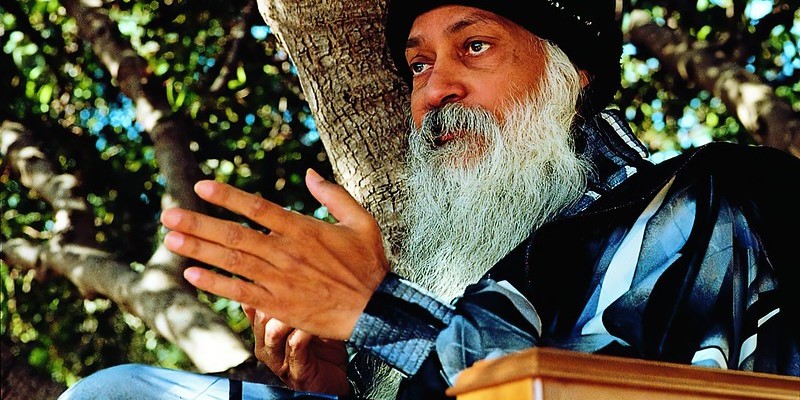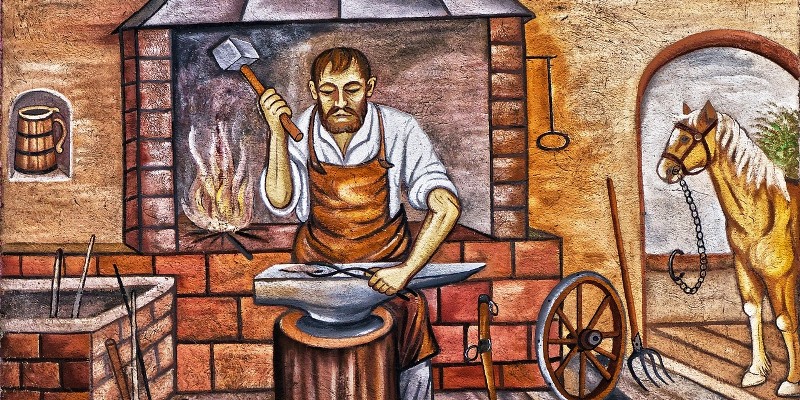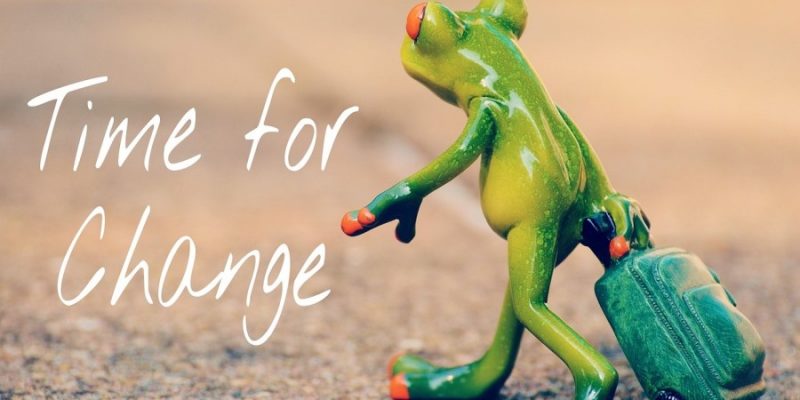
Not so long ago, I read a novel in which the story’s protagonist (his name is Larry) was portrayed being a so-called “Bohemian.” By the way, the novel is The Razor’s Edge written by W. Somerset Maugham. In any case, as Larry’s life shows quite some resemblance with mine, I decided to look up the exact meaning of the word.

On Wikipedia the Bohemian is described as follows: ”Bohemianism is the practice of an unconventional lifestyle, often in the company of like-minded people, with few permanent ties, involving musical, artistic, or literary pursuits. In this context, Bohemians may be wanderers, adventurers, or vagabonds.”
Now, reading that, I could more or less agree that according to this definition I might be a Bohemian.
Then, while reading the article, I’d noticed the word Vagabonds highlighted, so I clicked on it. According to that article: ”… a vagrant or a vagabond is a person, often in poverty, who wanders from place to place without a home or regular employment or income. Other synonyms include tramp, hobo, and “drifter.” A vagabond could be described as being “a person without a settled home or regular work who wanders from place to place and lives by begging.”
Well, that sounded a lot like me, although I don’t beg, only borrow sometimes, but to always pay back later (I’ve managed to do that up to now, that is). But, I admit, sometimes people just give me a bit of money — out of pity maybe, or love, or just so that I might move on quickly …
But then of course, this brought me to the two other highlighted words tramp, and hobo in the Vagabond article. A tramp then is “… a long-term homeless person who travels from place to place as a vagrant, traditionally walking all year round.”

Now all right, I could certainly identify with the tramp-thing, except for the “walking” part — I would normally fly, hitch-hike, take the bus or train. Going next to hobo I found that it’s “… a migratory worker or homeless vagabond — especially one who is penniless.” Ah well, that’s me for sure!
But by then, a lot of questions and reflections had crossed my mind, because things are certainly not that clear-cut as stated. For instance, there are bohemians or vagabonds who choose the bohemian lifestyle, and there are who don’t, but due to circumstances end up living the bohemian-life.
Then, there are those who are “born” with an “alternative” inclination and growing up become bohemians right from the start just because they follow their inner-drive and calling. And then those who are in fact vagabonds, but cannot do it because they give in to the pressure of conventional society.
And not all Bohemians are necessarily poor though. There are some very rich bohemians indeed (self-named or not), exactly because they are rich and can do whatever-they-want to do.
Going “deeper” we see all sort of cross-connections with, for instance, simple-living, de-growth, art and artists, anarchism, gypsies, hippies, dandies, environmental issues, sustainable living, autonomy, frugality, spirituality, work-life balance, and so on, even way back to certain antique philosophies (e.g. Diogenes, the Cynics, etc).
In fact, there are many, many ways of “alternative” lifestyles (and expressing or affirming those), but what binds them all is their rebellion against conformist, conventional society.

But being a bohemian, vagabond, tramp or hobo comes with a price. It may seem a romantic lifestyle, but one is rejected, scorned, and sometimes even prosecuted by established society. That often makes one a very lonely person, and at best one becomes a kind of circus attraction.
It’s not for nothing that alternative people seek company of other alternative people. We are in the end (with some rare exceptions) social and emotional beings needing (warm) relationships with others. But there’s a trap there because it can imprison the “loner” in a certain sub-cultural dome, making it even harder to “get out” than it was getting out of the mold of mainstream society.
Yet, I suppose that authentic Bohemians will take their “freedom and liberty” to another level. They will use it to firmly aim the spotlight at their inner self, necessarily, for the outer-self is cast off as worthless, or at best highly arbitrary.
That’s not easy, of course, it’s incredibly hard, lonesome work, but it might finally show what it really means to be human.













